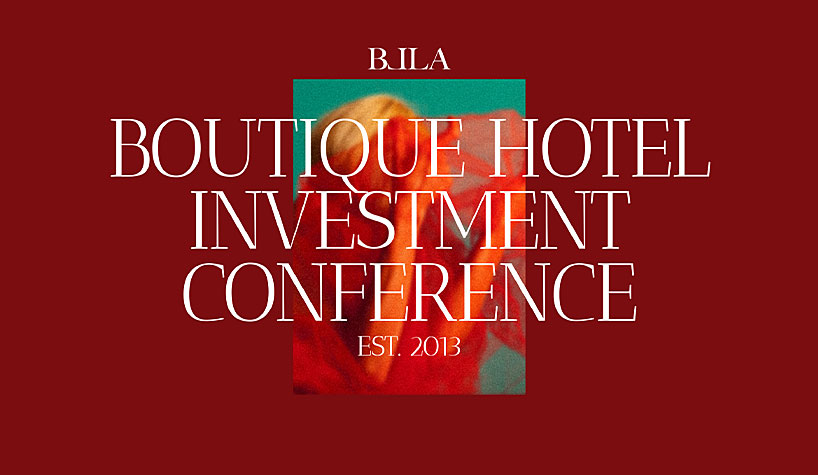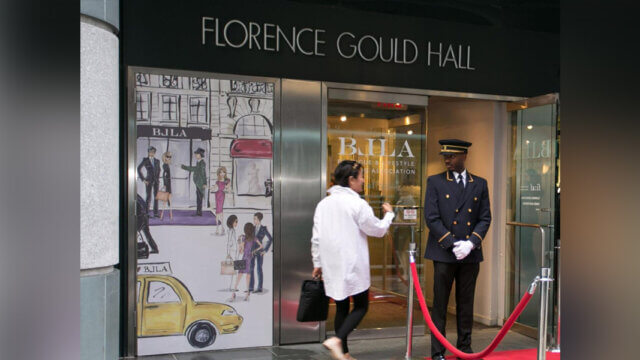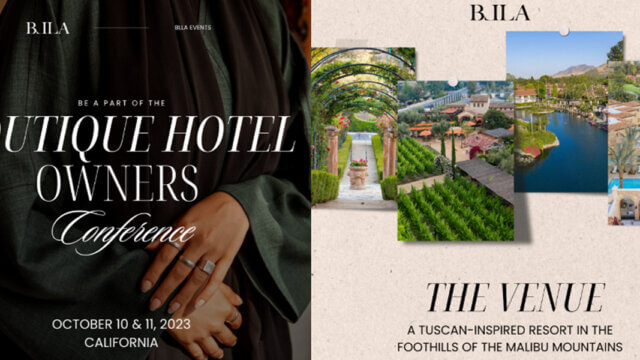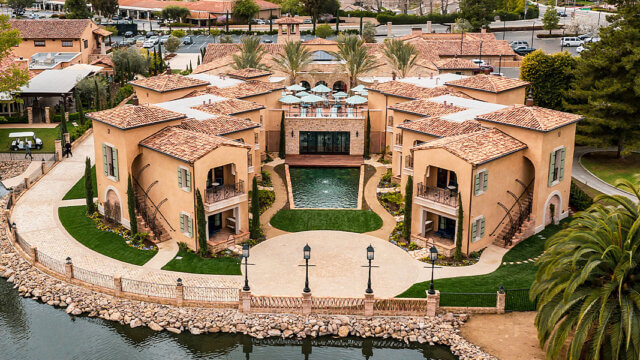Day one of the BLLA Hotel Investment Conference brought boutique hotels leaders together virtually to connect, collaborate and learn about the latest trends. And, with more than a year of halted travel, it has leaders asking: Is travel the new luxury trend?
During the keynote address, “Redefining the Luxury Hotel,” Frances Kiradjian, founder/CEO, BLLA and StayBoutique, sat down with Nicholas Clayton, CEO, Capella Hotel Group, to hear some of his insight into this topic and how hoteliers can cater to this new traveler mindset.
Clayton opened by giving his own definition of “boutique,” which he believes alludes to size and intimacy, a limited number, a more qualified experience. “I would tag the word exclusivity,” he said, noting that details and craftsmanship along with a custom experience all make up the idea of “boutique.”
It’s all about the experience, Clayton said, explaining that the luxury boutique traveler is realizing that a comfortable bed and pool isn’t enough anymore—they need to be entertained.
“Entertainment on-property should focus on scheduled activities hosted by the hotel and based around cultural highlights, learning and new exposure; it’s a great way to market your hotels,” he said.
Kiradjian agreed, adding that hotel programming is essential and creates an experience for guests. “When customers leave they’re taking that with them, that memory,” she said.
Clayton advised leaders to forge local partnerships for entertainment and design purposes to offer something truly different and knowledge about the local market.
“Boutiques can more legitimately tell the local story. You have a competitive advantage as a boutique,” he said. “Local partners to give you credibility…The design piece should help drive operational excellence and storytelling.”
Design is an essential element—especially post-COVID—in communicating a sense of intimacy and fulfilling guests’ pent-up wanderlust.
“We cannot underestimate the power of great design…design is a common element in all boutiques,” Clayton said. “No matter what sector, it’s really important that there’s some thoughtfulness in the design from an impact standpoint, from a longevity standpoint, but also from a productivity and efficiency standpoint. When you build a hotel, you’re building a business that’s going to last 50 to 100 years.”



